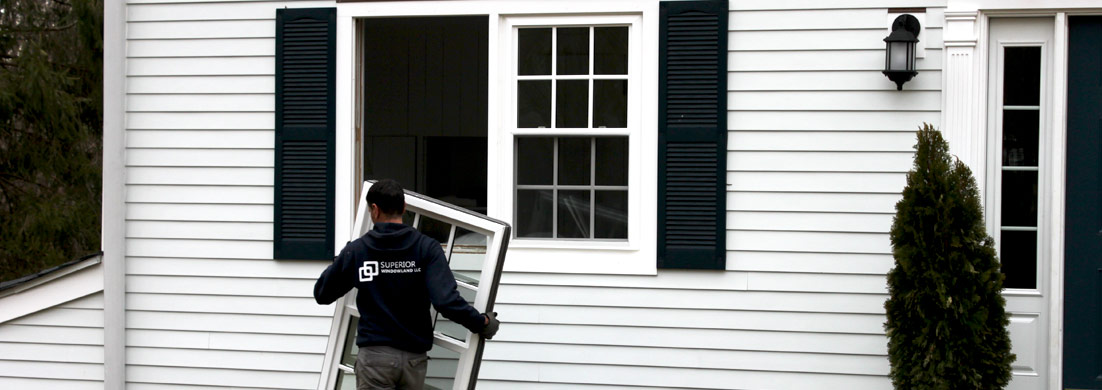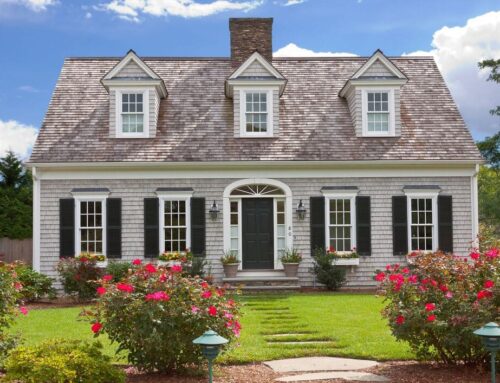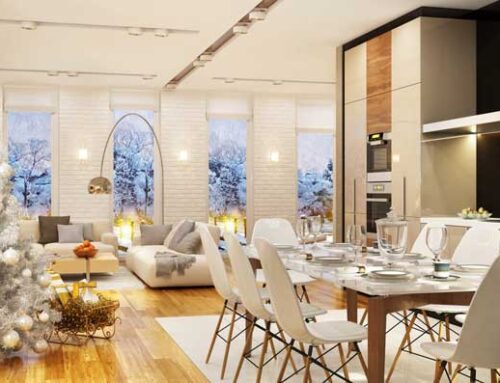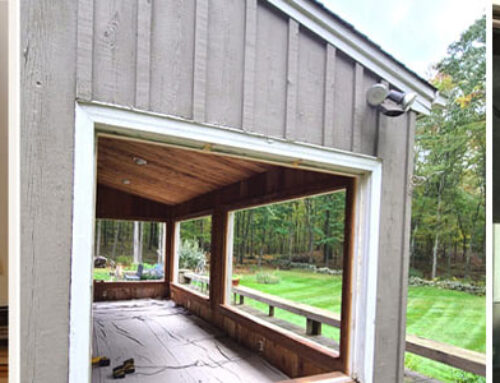Thinking about window replacement? The typical single-pane, clear window is usually a thermal hole in any building envelope. According to the UMass Amherst | Department of Environmental Conservation, “most are 10 times less energy efficient than the wall area they replace. An average home may lose 30% of its heat or air-conditioning energy through its windows.” That means that without energy-efficient windows, you are paying substantially higher energy bills.
Energy-efficient windows are an investment that tends to pay for itself in 2 to 10 years in energy savings alone, but they also improve curb appeal, thus increasing property value.
Shopping for Energy Efficient Windows
Not all energy-efficient windows are created equal, they have different features that provide different levels of energy savings. The costs also vary according to these features but the higher-rated energy-efficient models cost only a few dollars more and it is an investment you should consider.
The first step when shopping for energy-efficient windows is to look for ENERGY STAR-rated windows. According to the Architect Magazine an ENERGY STAR-rated window ”has a U-factor (the rate of heat transfer and an indication of how well the window insulates) of 0.30 to 0.60 and a solar heat gain coefficient (which indicates how well the window blocks heat caused by sunlight) of 0.27 to 0.40
Also, according to the U.S. Department of Energy Guide, ENERGY STAR qualified windows to meet strict performance standards established under the ENERGY STAR program by the U.S. Environmental Protection Agency.
ENERGY STAR qualified windows features include:
- Double or even triple panes of glass with inert gases such as argon between them acts as an insulation layer.
- Window frame materials are designed to improve the window’s insulating abilities.
- Spacers that keep a window’s glass panes the correct distance apart to reduce heat flow and help prevent condensation.
- Special coatings to create low emissivity (“low-E”) glass. Such low-E glass reflects heat energy either into or out of the house, further enhancing insulation. It also reflects ultraviolet (UV) light away from the house and can protect your household furnishings from UV-induced fading by as much as 75%.
What is the best window for my home?
Connecticut is in the Northern climate zone, where winters can be very harsh and summers very hot and humid, so it is important to choose windows with a U-Factor of 0.30 or less, for the best results in terms of insulation capabilities. The SHGC value is not as important in the Northeast because there is not a lot of solar heat for most of the year, so a 0.40 SHGC will be perfectly fine.
Expert Installation
Keep in mind that the most energy-efficient window available will not help much if it is not well installed. Many contractors and builders tend to overlook things like air-sealing during the installation process.
If you want great-looking energy-efficient windows, expertly installed in Connecticut, look no further than Superior Windowland. Just contact us for a Free Estimate!



